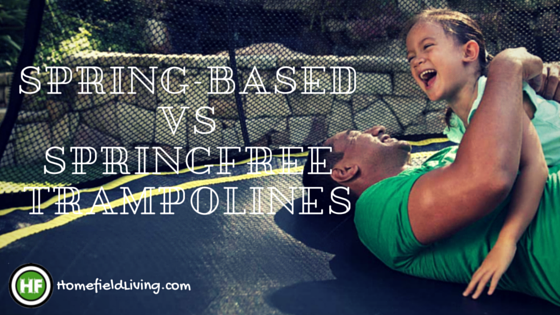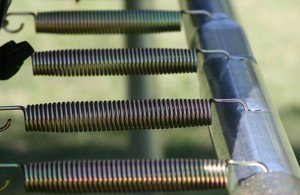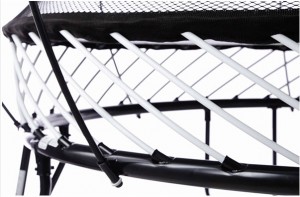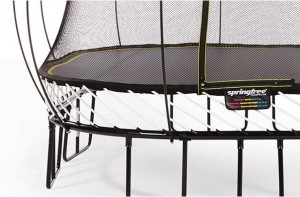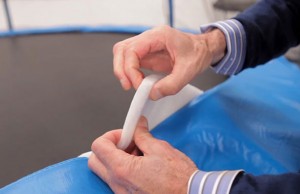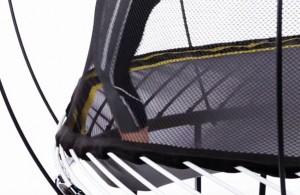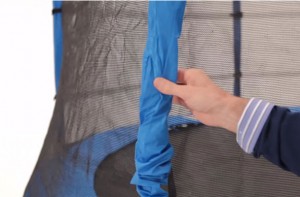Re-engineered from the ground up
Each year more than 105,000 kids are sent to the hospital because of traditional trampolines – and that’s just in the USA. When you compare spring-based vs Springfree trampolines, it’s easy to see why Springfree Trampolines are one of the safest trampolines on the market.
See the difference for yourself by visiting HOMEFIELD in New Braunfels, Texas or Corpus Christi, Texas.







